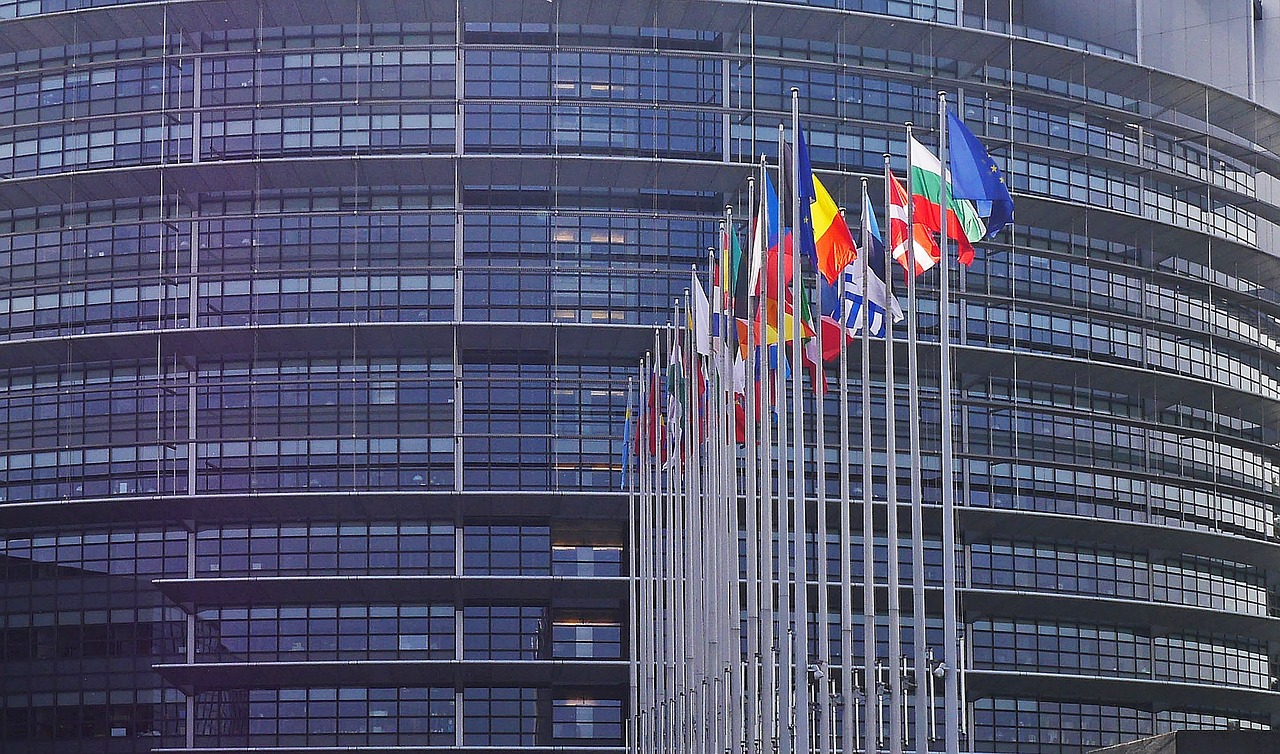 INFRA
INFRA
 INFRA
INFRA
 INFRA
INFRA
The European Parliament today voted to approve controversial copyright legislation that seeks to overhaul the region’s digital content rules and takes direct aim at tech giants such as Google LLC.
The Copyright Directive, as the proposal is called, passed with a majority of 438 to 226. An additional 39 lawmakers abstained. The vote comes two months after an earlier version of the proposal was rejected following vocal opposition from the tech industry and internet advocates.
There are two sections that have proven particularly controversial. The first, Article 11, will require tech companies to pay publishers when their content appears on services such as Google News. The other part of the directive that has drawn strong criticism is Article 13, which calls for the same companies to block the publication of user-generated content found to be infringing on copyrighted material.
Detractors have taken particular issue with the latter section because of a perceived risk of abuse. In an open letter published earlier this year, Wikipedia founder Jimmy Wales and other prominent figures warned that complying with Article 13 will require tech firms to create extensive filtering systems with the potential to be used for censorship. They also argued that implementing the necessary mechanisms will overburden smaller companies.
The version of the Copyright Directive approved this morning contains several changes designed to address some of these concerns. Among them are exceptions to the new copyright laws for small businesses, open-source platforms such as GitHub and online encyclopedias. In addition, the law requires that Internet companies implement safeguards to prevent the filtering of “noninfringing works.”
Some of the changes have been made directly to the two most controversial sections. The scope of Article 13 has been narrowed to platforms that host “significant” amounts of content and “promote” them as well, while the revised Article 11 removes copyright constraints on article links and “individual words” words describing them. Critics argued that the revisions don’t go nearly far enough.
Reuters quoted Google Chief Business Officer Philipp Schindler as saying that the legislation is “bad for creators, for entrepreneurs and for innovators.” The Mozilla Foundation wrote that “today marks a very sad day for the internet in Europe.” But European Parliament member Axel Voss, who led work on the changes to Articles 11 and 13, countered, “I am convinced that once the dust has settled, the internet will be as free as it is today.”
The Copyright Directive is expected to move to a final vote later this year or early 2019. Should it be approved, individual EU member states will have the freedom to independently interpret the law as they see fit.
THANK YOU